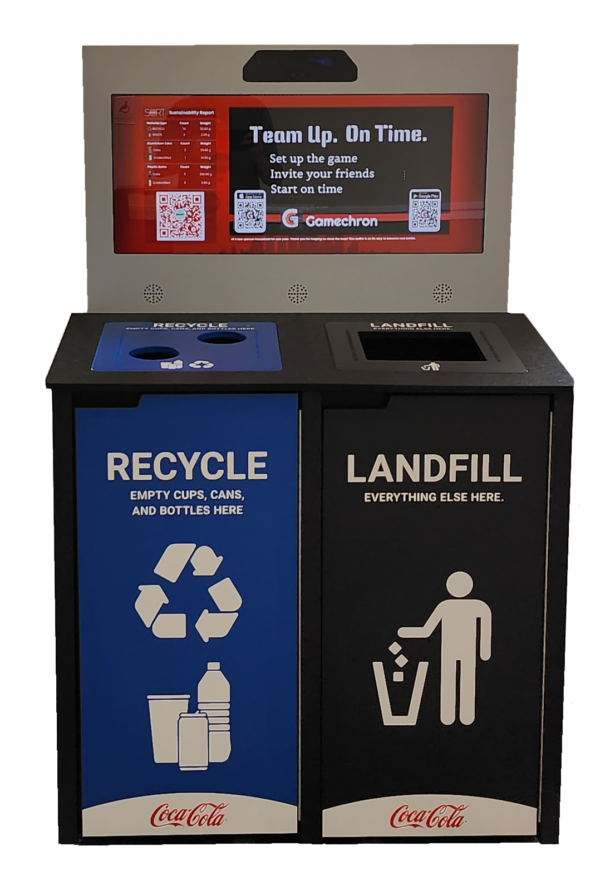The world is changing fast, and technology is at the forefront of this revolution. While it can be easy to overlook the impact of technology on our lives, the truth is that it is transforming the way we recycle and reuse resources. In the past, recycling was often an arduous process that required individuals to sort and store their waste. However, with the development of new technologies, recycling is becoming easier and more efficient. From smart bins that can identify different materials to sensors that monitor waste levels, these tools are revolutionizing the way we handle our waste.
These technologies not only make the process of recycling easier, but they also help to make it more efficient. For instance, sensors and tracking tools allow recyclers to monitor the amount of waste that is being generated and reused. This helps to ensure that resources are not wasted and that recyclers can efficiently reuse or dispose of materials. Similarly, machine learning algorithms are being used to identify the types of materials that are being recycled. This helps to provide a more accurate picture of the recycling process and allows recyclers to focus on the most efficient and effective methods for reusing materials.
In addition to these technological advancements, the world is also seeing a rise in the use of artificial intelligence (AI). AI is being used to automate the sorting and processing of recyclable materials, making the process more efficient and cost-effective. This helps to reduce the amount of time and money that is spent on recycling, and it allows recyclers to focus on other tasks.
Overall, technology is transforming the way we recycle and reuse resources. From smart bins to AI, these tools are revolutionizing the way we handle our waste and helping to ensure that resources are used more efficiently. As this technology continues to develop, we will likely continue to see more efficient and effective methods for reusing our resources.




